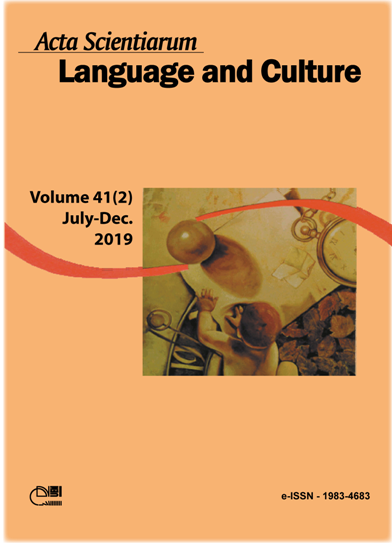O século XVIII é mais avançado que o XXI: uma experiência de autoetnografia
Resumo
Este artigo pretende fazer uma autoetnografia cultural negativa de uma ida ao cinema para assistir à ópera Cosi fan tutte (1789), de Wolfgang Amadeus Mozart, no Shopping Galleria, em Campinas. A produção foi realizada musicalmente por Philippe Jordan e coreograficamente por Anne Teresa De Keersmaeker para a orquestra da Opéra National de Paris, lançada na Europa em 2017 e que chega ao Brasil no primeiro semestre de 2018, graças ao Festival Ópera na Tela. Tendo em vista as contradições da relação entre ópera e cinema e como essas tensões se intensificam quando transferidas do eixo Europa e EUA para países de modernização tardia, este estudo autoetnográfico da ida à ópera pretende fazer uma crítica à ideia de uma noção de tempo como progressão abstrata e homogênea.
Downloads
DECLARAÇÃO DE ORIGINALIDADE E DIREITOS AUTORAIS
Declaro que o presente artigo é original, não tendo sido submetido à publicação em qualquer outro periódico nacional ou internacional, quer seja em parte ou em sua totalidade.
Os direitos autorais pertencem exclusivamente aos autores. Os direitos de licenciamento utilizados pelo periódico é a licença Creative Commons Attribution 4.0 (CC BY 4.0): são permitidos o acompartilhamento (cópia e distribuição do material em qualqer meio ou formato) e adaptação (remix, transformação e criação de material a partir do conteúdo assim licenciado para quaisquer fins, inclusive comerciais.
Recomenda-se a leitura desse link para maiores informações sobre o tema: fornecimento de créditos e referências de forma correta, entre outros detalhes cruciais para uso adequado do material licenciado.




















6.png)









